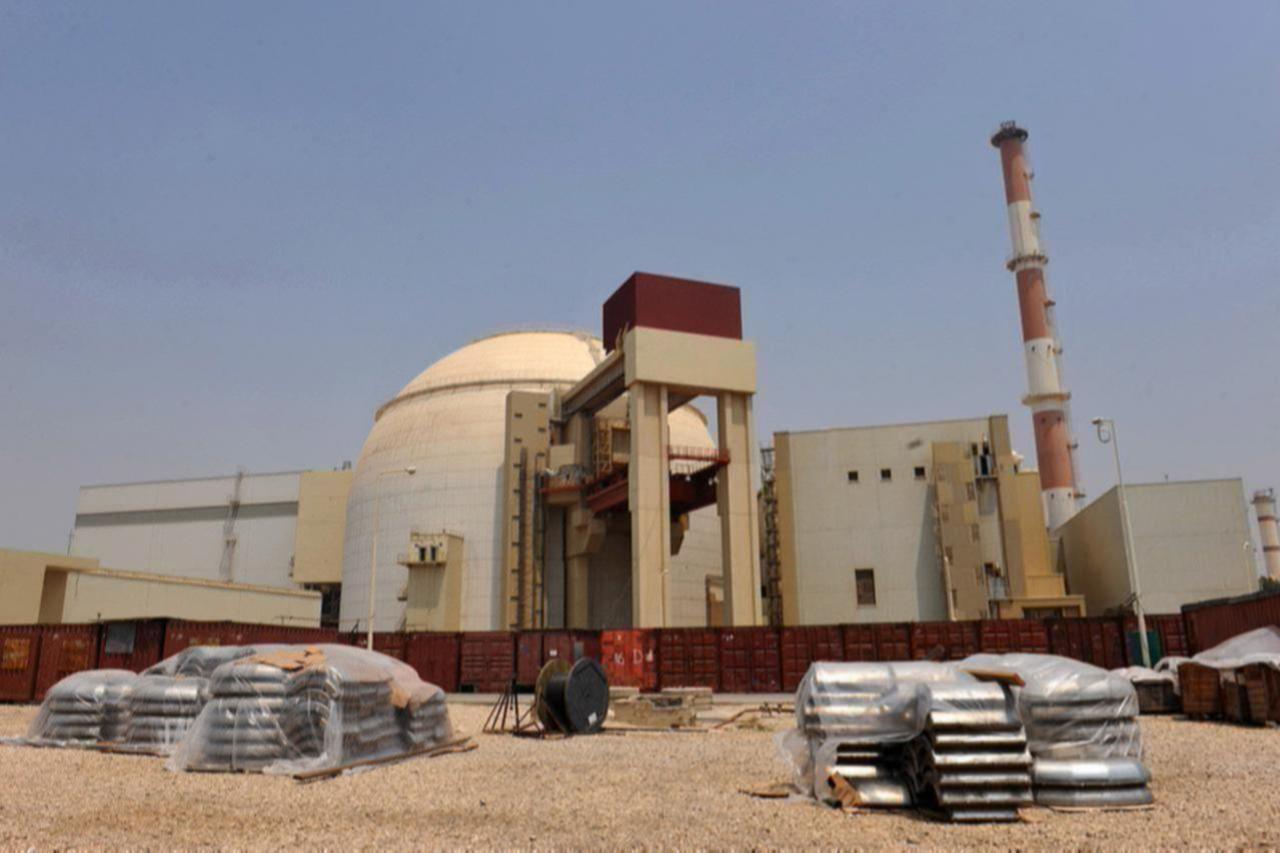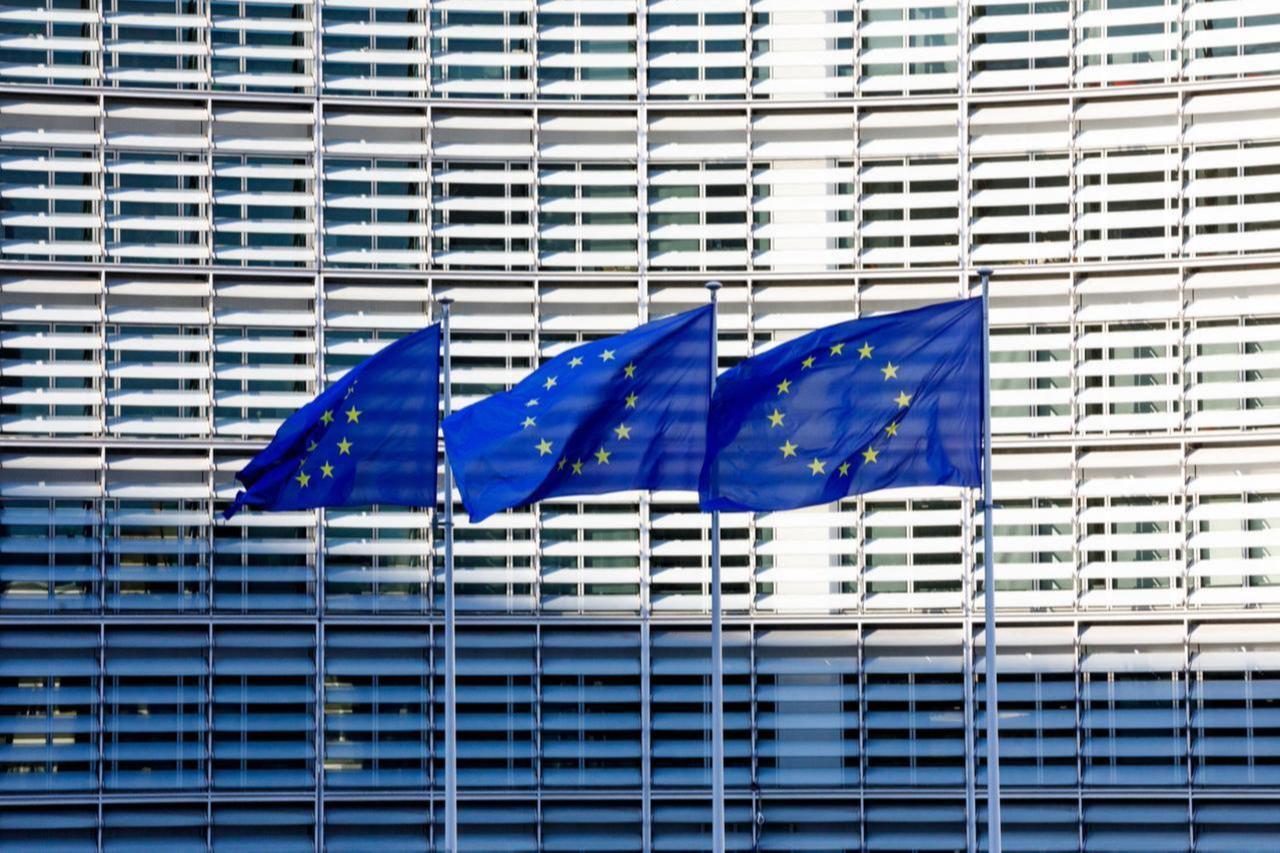
A decade-long international agreement governing Iran's nuclear program officially terminated Saturday, ending United Nations Security Council oversight of Tehran's atomic activities and closing a chapter in global nonproliferation efforts.
Iran, Russia, and China jointly notified UN Secretary-General and the Security Council that Resolution 2231 expired Oct. 18, marking the conclusion of the 10-year period established when the measure was adopted July 20, 2015.
"All provisions, restrictions, and mechanisms related to Iran's nuclear program are terminated as of this date," Iran's Foreign Ministry stated Saturday, confirming the predetermined timeline had elapsed.
The resolution codified the Joint Comprehensive Plan of Action, commonly known as the Iran nuclear deal, which imposed strict limits on Tehran's nuclear activities in exchange for sanctions relief. The agreement involved Iran, the United States, Russia, China, Britain, France, Germany, and the European Union.

The termination comes amid escalating tensions over European efforts to reimpose sanctions. Britain, France, and Germany — collectively known as the E3 — announced Aug. 28 they were activating a "snapback" mechanism to restore UN sanctions, accusing Iran of violating its commitments under the agreement.
In their letter to the UN, the three allied nations dismissed the European move as "legally and procedurally flawed," arguing the E3 countries "lack the standing to invoke its provisions" after abandoning their own obligations under the deal.
"The attempt by the E3 to trigger the so-called 'snapback' is by default legally and procedurally flawed," the letter stated.
The snapback activation followed the United States' unilateral withdrawal from the agreement in 2018 under then-President Donald Trump, who reimposed sweeping economic sanctions on Iran. Tehran subsequently began exceeding nuclear enrichment limits set by the deal.
The three countries called on all parties to pursue diplomatic solutions "based on mutual respect" and avoid unilateral sanctions, threats of force, or actions that could escalate tensions. They emphasized that the resolution's conclusion "contributes to strengthening the authority of the Council and the credibility of multilateral diplomacy."
With the Security Council's formal role now ended, Iran's nuclear program returns to oversight solely by the International Atomic Energy Agency under standard safeguards agreements, removing the enhanced monitoring provisions established by the 2015 deal.